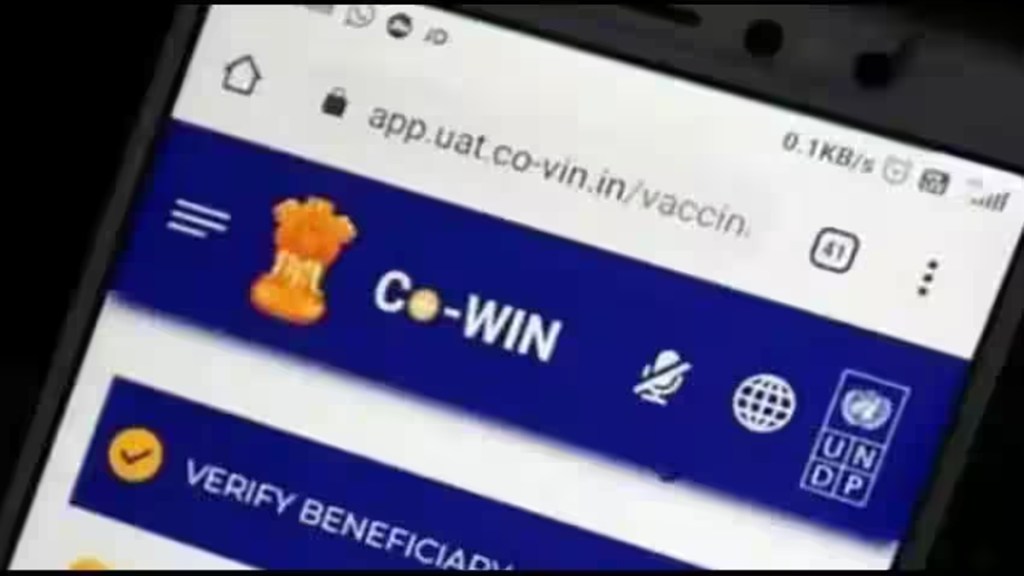The Delhi Police Special Cell’s Intelligence Fusion & Strategic Operations (IFSO) Unit on Wednesday arrested a man from Bihar and apprehended a juvenile in connection with the suspected CoWIN portal data breach.
The arrested person had allegedly uploaded the data on the social media platform, Telegram. According to the police, the accused’s mother is a health worker in Bihar.
A juvenile has also been apprehended in connection with the alleged data leak case, Delhi Police said, ANI reported.
Also Read: Govt refutes CoWIN data breach reports, calls them baseless and mischievous in nature
Last week, reports surfaced on a purported breach of data of beneficiaries registered on the CoWIN platform. The data had been accessed by a Telegram bot which revealed data such as gender, DOB, Aadhar card, address, centre for vaccination etc.
On June 13, the government launched an investigation into a data breach after the personal data of vaccinated citizens, including VVIPs, from the CoWIN website was allegedly leaked via a Telegram messenger channel.
The government said the CoWIN website, a repository of all data of those who have been vaccinated against Covid-19, maintains strong data privacy safeguards. The health ministry stated that social-media reports claiming individuals’ data can be accessed from a Telegram bot bypassing the mobile number or Aadhaar number “are without any basis and mischievous in nature”.
Meanwhile, Minister of State for Electronics and Information Technology, Rajeev Chandrasekhar, said in a tweet that the data being accessed by the bot seems to have been populated with previously stolen data from databases other than CoWIN.
Also Read: Reports of breach of data from CoWIN without any basis: Health Ministry
He added that the government was reviewing the existing security systems of the CoWIN portal. “It does not appear that the CoWin app or database has been directly breached,” he said.
In January 2021, the central government launched the CoWIN portal as the digital platform to capture covid-19 vaccination programme details. It is owned and managed by the Union Health Ministry.

